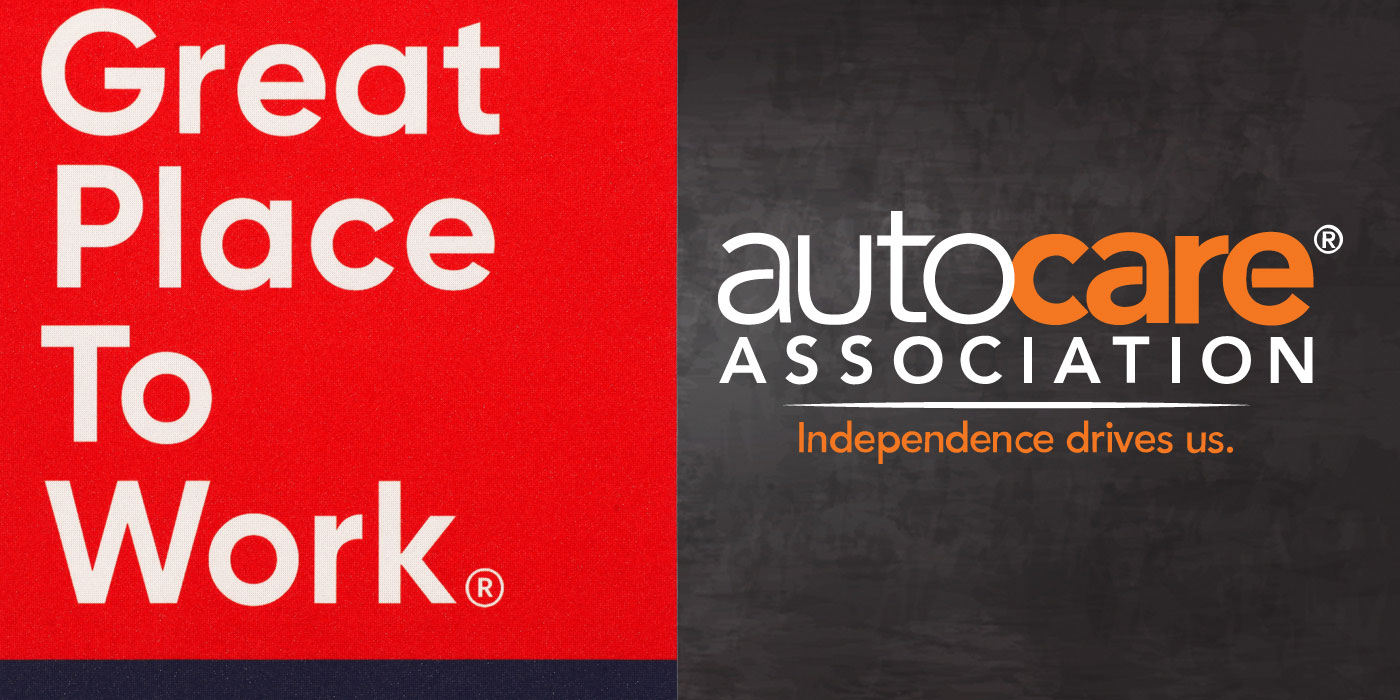In this week’s AMN Executive Interview, Kent Savage, CEO of Apex Supply Chain Technologies, sits down with aftermarketNews to talk about the aftermarket’s approach to supply chain efficiency as well as what trends he sees on the horizon.
 There are a number of well-known brand names utilizing Apex Supply Chain Technologies‘ “Connect n’ Go” solutions (DuPont, Philips, BASF, Danaher and Goodyear, just to name a few). But for those not familiar, please give us a brief history of Apex Supply Chain Technologies and the products and services you offer.
There are a number of well-known brand names utilizing Apex Supply Chain Technologies‘ “Connect n’ Go” solutions (DuPont, Philips, BASF, Danaher and Goodyear, just to name a few). But for those not familiar, please give us a brief history of Apex Supply Chain Technologies and the products and services you offer.
Apex was founded in 2006 to provide automated dispensing and control systems for high-use, high-cost and mission-critical tools, supplies, parts and components. We developed dispensing systems (which are often referred to as “Industrial Vending Machines”) that are literally Internet appliances. They are easier to use, easier to implement and easier to afford than previous technology. Along with our cloud-based Trajectory software, this formed the basis of our Connect n’ Go technology — plug them in, connect to the Internet and you are ready to go.
Since we introduced Connect n’ Go technology, thousands of companies around the world in every conceivable industry have adopted Apex solutions. Our users include more than 300 of the Fortune 1000 companies and thousands of small, independent companies as well. We are delighted to have built such a fine base of clients. Most importantly, the rapid adoption of Apex solutions tells us that we are serving our customers well and helping them to achieve their productivity and cost-savings objectives.
Supply chain efficiency is an important topic within the automotive aftermarket. As a company that deals with corporations in a variety of industries, what are your thoughts on the automotive aftermarket’s approach to the supply chain? Is this an industry ahead of the curve, behind the times, right on target?
The economic pressures on the automotive aftermarket are severe. Productivity and cost-savings are more important today than ever before. We see a growing awareness of the value of deploying point-of-use automation throughout the industry. It’s intuitive. By ensuring that technicians always have the right parts, tools and supplies when and where they need them, shops can be more productive.
While the early adopters of this technology were industrial companies, the automotive aftermarket has now gotten the message. In fact, the automotive aftermarket is one of the fastest-growing categories. The reason is simple. Competition is fierce. Any advantage a shop can gain through productivity gains and cost savings is critical.
Where do you see room for improvement and how can your company help?
The way technicians get parts and supplies hasn’t changed much in the past 50 years. Parts counters are very inefficient. A technician leaves his or her work place, waits for parts to be picked from the shelf and then returns to the job. Having parts and supplies automatically available close to where repairs are performed saves wasted walk time and part retrieval time. Accurate information from Apex systems enables further improvement though the streamlined ordering and elimination of expedited orders and stock outs.
What are your recommendations for a company that is looking to just get started with a system such as yours?
The first step is to do a simple assessment. Where are there opportunities to reduce waste — wasted time, wasted motion, waiting time, inventory management and ordering time? What are the most commonly used parts and supplies? Where does it make sense to put automated dispensing systems in your operation?
With this as a starting point, Apex can help you determine which systems are right for you and can help calculate the economic benefits you might be able to receive.
What kinds of benefits can a business expect to see when using your services and solutions?
Repair shops can become more productive by using Apex solutions. Not only does this benefit the shop in terms of employee productivity, reclaiming this lost productivity allows each repair to be done faster. This means improved throughput for the shop — more vehicles repaired every day with existing facilities and staff.
Parts expense can typically be reduced by 20 percent by eliminating waste. Better inventory management and streamlined parts ordering can drive significant cost-savings as well. Best of all, management can have complete visibility to parts and supply use (by job, by tech, by part, etc.), inventory levels and order detail any time, anywhere with the click of a browser.







